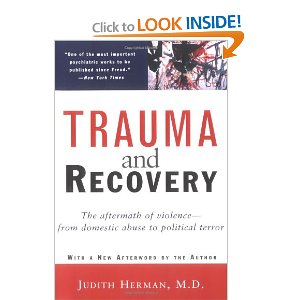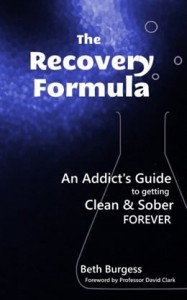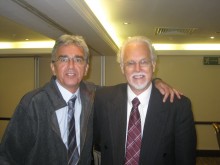‘In my blogs, I will be exploring the nature of recovery and will sometimes focus on the ideas of someone else (or a group of people). I’ve previously looked at how David Best has talked about “What is Recovery?” David described key principles underlying addiction recovery.
In this blog, I am going to look at what Julie Repper and Rachel Perkins have to say about “What is Recovery?”, as described in their excellent book Social Inclusion and Recovery: A Model for Mental Health Practice. They include a number of quotes about recovery, some of which I will use here.







 Found this
Found this 





